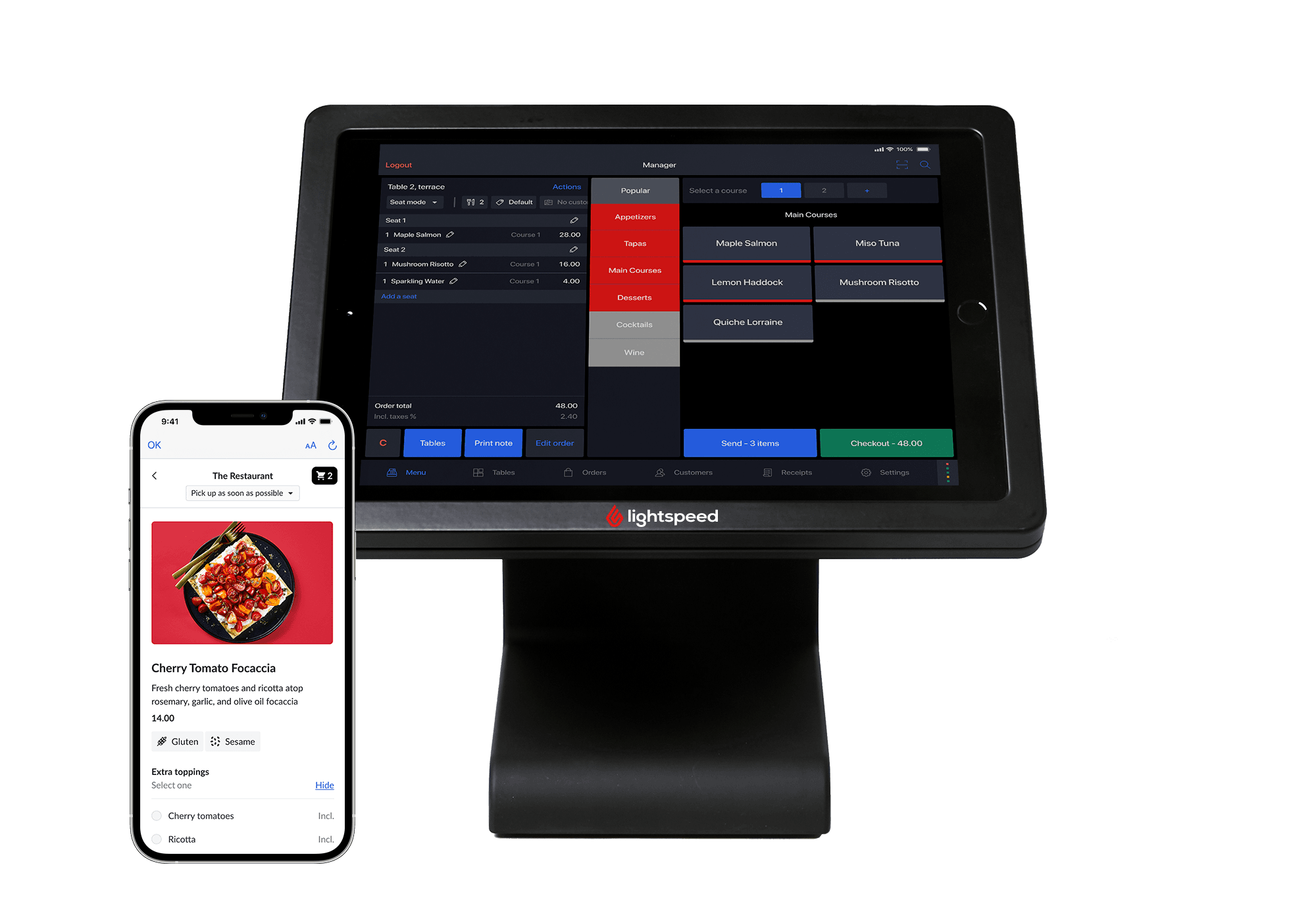Combining Inventory Control alongside The Point of Sale System

In the current fast-paced business environment, having an efficient point of sale (POS) system is extremely important. Companies of all sizes are becoming aware that combining stock control with a contemporary POS system can not only streamline operations but also improve the overall customer experience. With the appropriate setup, you can monitor your inventory in real time, reduce errors, and take informed choices that boost profits. Regardless of whether you run a diner, a retail store, or an online store, knowing how to utilize your POS system with inventory management can lead to significant growth and improved efficiency.
But, what exactly is a POS system? Fundamentally, it is the technology that allows businesses to carry out sales transactions. That said, it has evolved significantly from traditional cash registers to sophisticated cloud-based solutions that offer a variety of functionalities. As we explore the integration of inventory management within POS systems, we'll look at the advantages, key features to consider, and how this collaboration can transform your business. From enhancing employee productivity to making sure that you never run out of stock, the potential for improvement is huge. Join us as we navigate this essential topic for modern businesses.
Understanding POS Solutions
A POS system is a mix of devices and software that enables businesses to complete sales deals effectively. At its core, a POS solution processes sales, irrespective of whether it be in a retail environment, a restaurant, or an online retail setting. The hardware typically includes a register, a touchscreen monitor, QR code scanners, and payment processing devices, while the software manages stock, sales analytics, and customer engagement data. Comprehending these components is vital for businesses seeking to streamline operations and enhance customer engagement.
Modern Point of Sale systems have evolved significantly from classic cash registers, offering a multitude of capabilities aimed at improving business efficiency. They now connect seamlessly with stock control solutions, enabling businesses to monitor stock levels in real time. This connection not only assists in ensuring that high-demand items are always available but additionally helps in spotting low-demand inventory, enabling smarter purchasing decisions. The transition to cloud-based solutions has additionally improved flexibility, enabling businesses to oversee their operations from anywhere.
Choosing the right POS system is essential for businesses of all sizes. With many options available, it's crucial to evaluate which capabilities align with your particular needs. For instance, dining establishments may need specific features like table management and split checks, while retail stores might focus on inventory tracking and sales analytics. Understanding how a POS solution can integrate into your business model is the first step toward adoption, guaranteeing that it eventually supports and enhances your overall productivity and customer satisfaction.

Benefits of Integrating POS with Inventory Management
Integrating your point of sale system with inventory control provides real-time visibility into product quantities, allowing companies to make data-driven purchasing decisions. This seamless connection helps eliminate the uncertainty associated with inventory counts and makes it easier to identify fluctuations in sales. As a result, businesses can minimize excess inventory and inventory shortages, reducing waste and improving customer satisfaction.
Another significant advantage is the streamlined operations that come from having coordinated information. With integrated systems, manual data entry is lessened, which not only saves time but also minimizes the risk of mistakes. https://yamcode.com/the-benefits-of-cloud-based-pos-systems allows staff to focus on more essential tasks, enhancing overall output. Additionally, access to precise inventory data at the checkout facilitates more efficient transactions and improves the customer experience.
Finally, having combined analytics from both the payment processing and stock management systems equips managers with valuable insights into sales patterns and product movement. This data can be leveraged to optimize pricing strategies, plan promotions, and enhance overall inventory management. Ultimately, this integration supports better decision-making, contributing to improved financial performance and sustainable business growth.
Guaranteeing Security and Compliance in Point of Sale Systems
The protection of a point of sale system is of utmost importance, given the sensitive nature of the monetary information it handles. Companies must adopt rigorous safeguards to protect against cyber threats that can endanger customer data and finally harm their standing. Encrypting transaction data and making sure that all software is regularly maintained are crucial steps. With frequent updates in tech, having a robust strategy for upholding the system's protection is essential to ward off potential attacks.
Adherence with industry standards such as PCI (Payment Card Industry) is a key component of point of sale security. Businesses must ensure their systems are compliant to protect credit card information and prevent hefty fines. Frequent evaluations and re view s help organizations ascertain if their POS systems fulfill required compliance standards, enabling any necessary adjustments to be made. Confirming compliance not only protects the business but also fosters confidence with clients, who want to know their information is protected.
Training staff on protective measures and supplying regular education is crucial in establishing a safety-focused culture within the company. Personnel should be cognizant of potential threats, such as fraud attempts and other tactics hackers might use to gain unauthorized access. Equipping staff with the knowledge and resources to recognize threats can greatly enhance the overall security of the point of sale system, guaranteeing that both the business and its clients remain protected.
